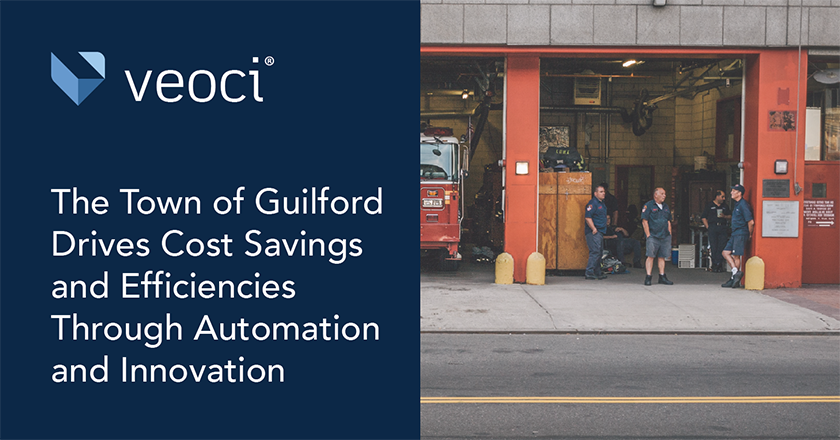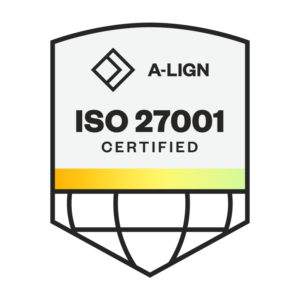Overview
Let’s face it, towns and cities today have a lot to deal with. From managing social service programs, road repairs, utilities, and recreational services, to human resources, parking enforcement, and permitting; they do it all. And imagine having to navigate a complex landscape made up of siloed information streams, departments, and jurisdictions; it’s not an easy task.
One town, however, has discovered a way to dramatically improve the handling of daily operations and tedious administrative duties while maintaining effective communication and collaboration across multiple divisions.
By injecting technology into the mix, the Town of Guilford, CT, was able to eliminate much of its manual and duplicative work. What began with Emergency Management Services adapted by the Fire Department gradually spread to other solutions utilized by almost every department in the town, including:
- Daily Operations
- Building Inspections
- Permit Issuance
- Apparatus Inspections
- Mechanical Issue Tracking (equipment or apparatus)
- HR New Employee Hiring Process
- Record of Injury Reports
- Notification of Employee Changes
Opportunity for Change
Five years ago, a captain in the Fire Department seized on an opportunity to implement a virtual emergency operations command center (EOC) to help support its physical operations. The Virtual EOC would help digitize much of the manual process the Fire Department was relying on to function, including phone calls, emails, spreadsheets, paper documents, whiteboards, mail, and more. This was a chance for multiple Departments to operate as one unit to implement critical planning and response activities.
The Fire Department partnered with Veoci to create a single Room with multiple Tiles for housing information from all relevant Departments and creating a venue for quickly and efficiently sharing data. Next, they built a Dashboard to aggregate all the collected data in Forms and Workflows, delivering valuable insight into such things as the availability of emergency resources at any given time or equipment discrepancies.
As time went on, more Dashboards were built to accommodate other departmental needs such as managing inventory and tracking vehicle locations, as well as informing budget decisions and tracking personnel changes. In fact, the team developed Dashboards to support most of the Fire Department’s daily operations.
The captain attributes the solution’s success to top-to-bottom departmental buy-in. Everyone eventually recognized the system’s value, including its user-friendly interface which affords the ability to configure and manipulate features (Dashboards, Workflows, Forms) and make changes as needed. The Fire Department’s trucks also utilized the system’s mobile application to access incident-related information, submit reports, and communicate with department personnel in real-time.
Once fully implemented and leveraged by the Fire Department, word began to spread that Veoci would be useful for other functional areas and departments within the town. The Police Department, Facilities Management and Maintenance, and the Health Department, and others followed the Fire Department’s lead. To help facilitate the Town’s interaction with the community, several public-facing Forms were also created which would allow individuals to submit complaints directly from the Town’s website, as well as request such things as burn permits, respond to volunteer opportunities, and self-report a positive COVID-19 diagnosis.
One impetus for rapid adoption across the Town was the ability to maintain one system for shared services, such as human resources, inventory management, and budgeting. This eliminated the need for multiple systems and created more opportunities for standardization. In all, more than a hundred solutions have been designed and implemented by the town’s administrators.
Outcome
- The town can share several functions — human resources, emergency management, finance and budgeting, IT — across departments to promote transparency and standardization, and eliminate the need for multiple systems.
- While sharing the same system, each department within the town still retains the ability to make its own customizations.
- The ability to share Dashboards and Rooms across towns to support emergency management and mutual aid efforts. For example, towns will share information regarding an active shooter situation, road closures, or the availability of rescue vehicles. Guilford can also pull CAD/GIS data from other towns to improve situational awareness. Overall, Veoci promotes town-level and inter-jurisdiction communication.
- Digitized processes that dramatically reduced administrative efforts, minimized delays in processing applications, HR personnel changes, data entry into multiple systems, creating reports, and more, saving thousands of dollars in administrative and hardware/software costs.








